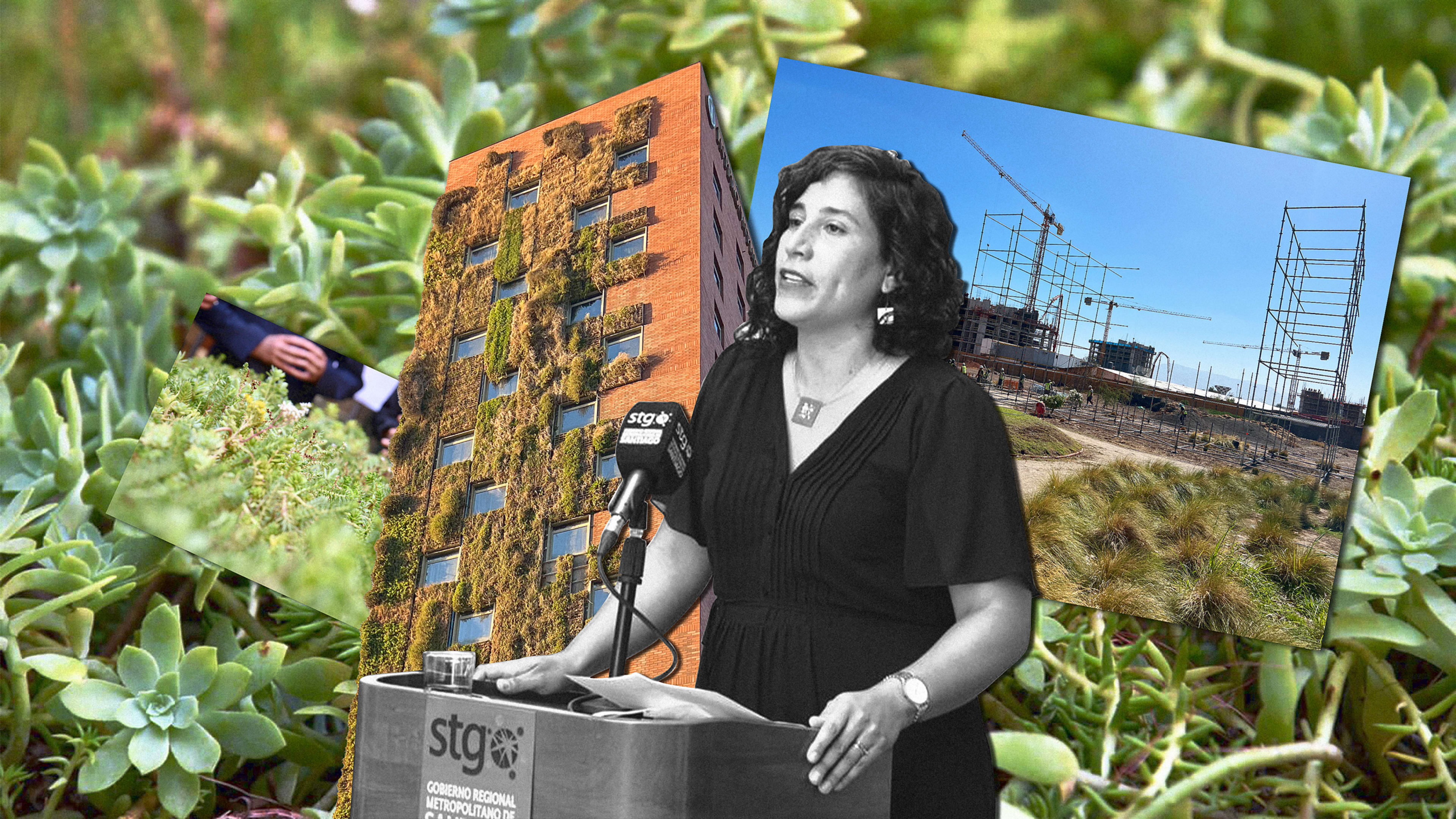This Friday, a new government will take power in Chile, following the election victory of a 36-year-old progressive, Gabriel Boric, who will step into the role of president after running on a feminist and green agenda. Boric will also preside as the nation writes a new constitution, which may present unique opportunities to tackle pressing issues like water rights and the climate crisis.
This massive political shift has formed the backdrop for the announcement of the world’s fourth Chief Heat Officer (CHO) for Chile’s capital, Santiago, a role dedicated to fighting extreme urban heat in the city and in South America generally. The new CHO, Cristina Huidobro, will collaborate with her counterparts in Miami, Athens, and Freetown, Sierra Leone, to usher in a range of evidence-based heat interventions for Santiago, as well as some that will address the city’s disastrous water shortage.

The CHO title is important to spreading awareness of the urgency of addressing extreme heat, which is estimated to have killed 356,000 people worldwide in 2019; globally, heat deaths rose by approximately 74% between 1980 and 2016. It’s a “silent killer,” says Kathy Baughman McLeod, director of the Adrienne Arsht–Rockefeller Foundation Resilience Center at the Atlantic Council, which is collaborating with each CHO. “[Extreme heat] doesn’t have a season, and a name, and an agency over it, and insurance policies that go with it, and it doesn’t trigger natural disaster in the emergency response agencies,” she says. Huidobro agrees: “You need to start naming the problem.”
That’s why Miami, Athens, and Freetown appointed CHOs in their cities last year, who are tasked with raising awareness as well as strategizing interventions and long-term policies to reduce heat deaths. Like many cities, Santiago has been particularly affected by heatwaves the past few summers. About 37% of Chile’s population, roughly 7 million, lives in the capital’s metropolitan region. “So, if you make policy here, you can impact many, many, many people,” Huidobro says.
Critically, Santiago also has a water shortage. For a decade, Chile has suffered from a “megadrought” thought to be caused by a warm ocean “blob” spurred by climate change, which is driving warm currents across the country. At the same time, the mighty glaciers in the Andes are shrinking by three feet a year. “Those are our water reserves, and they are melting down,” Huidobro says. There’s been new legislation to protect some of them, but not all.



Huidobro hopes to work closely with the incoming national government, to codify long-term policies into law, and to influence the new constitution. “One thing that we already know is,” she says with promise, “it’s going to be a green constitution.”
Recognize your brand’s excellence by applying to this year’s Brands That Matter Awards before the final deadline, June 7.
Sign up for Brands That Matter notifications here.
